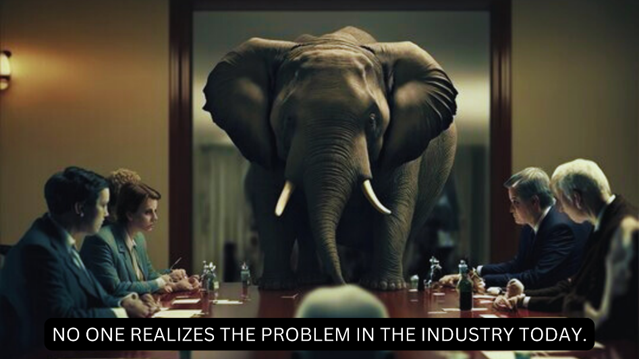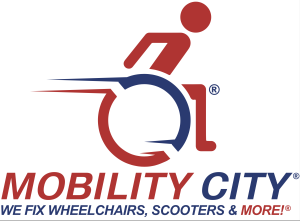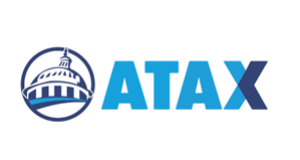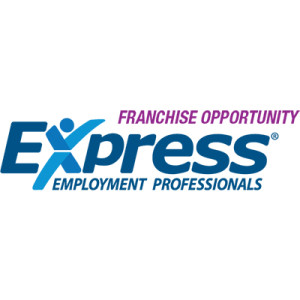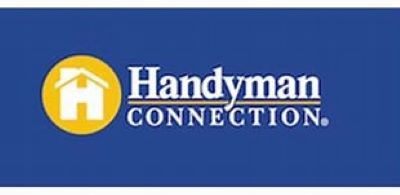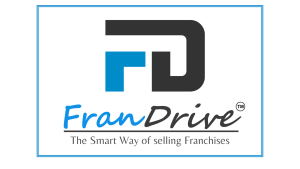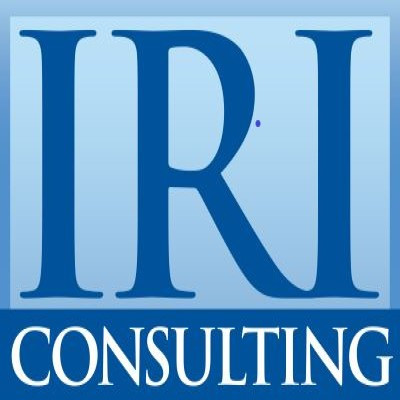
A Franchise “Success Profile”: Wealth Building Strategy
By Dr. Robert A. Needham, CEO, Collaborative Franchise Systems
This is the last part of the 4th Part of a Franchise Success Profile. In this article, I want you to consider that franchising can be more than a business that replaces your job; it can be a Wealth Building Strategy.
According to a survey done by Franchise Business Review, involving 28,500 franchise owners, the average pre-tax annual income of franchise owners is about $80,000. When balanced for all franchisees some high and some low, the “average annual income” of 51 percent of franchisees is less than $50,000. The study also found that only 7 percent of franchise owners earn over $250,000 dollars a year. It is really not all that different for non-franchise business, except you must accept the unknown start-up risks for a untested business.
Two scenarios1:
1. Buy a franchise for $250,000 that earns the owner an income of $100,000.
2. Buy a five franchises for $50,000 that earn the owner an income of $50,000 to $80,000 each.
Both of these scenarios are possible. Clearly you can see that each scenario could replace the real median household income, according to the U.S. Census, which was “$70,784 in 2021, not statistically different from the 2020 estimate of $71,186 income.” There might even be more deductions for owning a business than working at a job.
If your plan was to invest $250,000 either way, which is better, earn $100,000 in scenario 1, or earn $250,000 to $400,000 from scenario 2? Clearly, scenario 2 provides more income and also offers likely a better risk profile though diversification of multiple franchise concepts.
A job is when you exchange time, treasure, and talent and earn an income. A Wealth Strategy is when you use business ownership or equity, the labor of others, and leverage of your investment (i.e., $250,000) to earn more than you can earn from your efforts alone. The question, is how best to invest? In scenario 1, it depends on you. In scenario 2, you manage the work of others. There is always risk; but leverage is usually a better path. At CFS, we call this a multi-concept operating company (MCOC). Advisors who have obtained a certification as a Certified Franchise Advisor (CFA) are qualified along with your attorney and CPA to help you make these decisions.
I recommend you get with a Certified Franchise Advisor (CFA) and discuss this wide range of options, costs, and wealth strategies.
Robert A. Needham, JD, PhD has over 30 years’ experience in business and franchise development. He is a published author, innovator, and strategic advisor to the franchise industry.
Our News & Blogs

5 Challenges Facing Franchisors in 2023
Before we discuss the 5 Challenges, according to the 2022 Franchising Economic Outlook published by the International Franchise Association (IFA)…
